Home>Gardening & Outdoor>Landscaping Ideas>How Long To Water Bermuda Grass
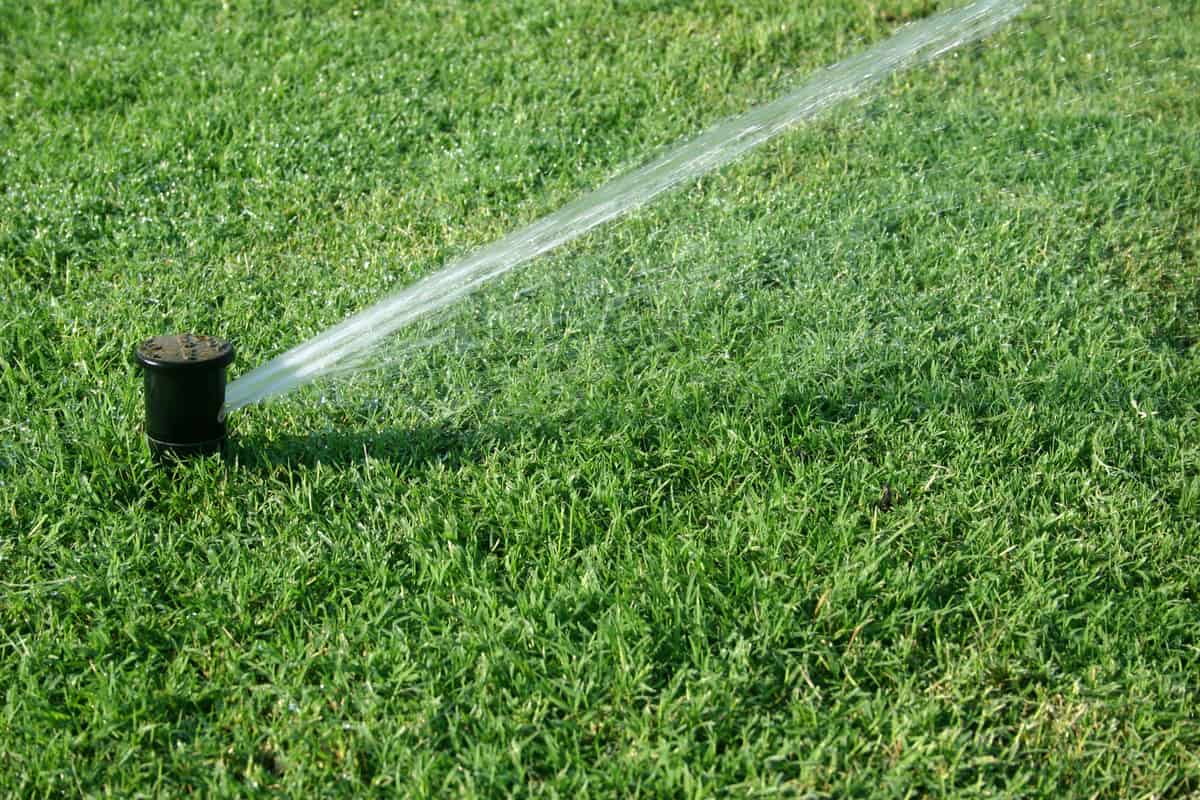

Landscaping Ideas
How Long To Water Bermuda Grass
Modified: March 2, 2024
Learn the best watering practices for Bermuda grass to keep your lawn healthy and lush. Get expert landscaping ideas and tips for maintaining your Bermuda grass.
(Many of the links in this article redirect to a specific reviewed product. Your purchase of these products through affiliate links helps to generate commission for Storables.com, at no extra cost. Learn more)
Introduction
Welcome to the world of Bermuda grass, a resilient and visually appealing grass variety that thrives in warm climates. Whether you’re a seasoned lawn enthusiast or a newcomer to the art of lawn care, understanding the intricacies of watering Bermuda grass is crucial for maintaining a lush, vibrant lawn. In this comprehensive guide, we’ll delve into the optimal watering practices for Bermuda grass, exploring the factors that influence its watering needs and providing valuable tips for efficient and effective irrigation.
As we embark on this journey, envision a verdant expanse of Bermuda grass, each blade glistening with vitality under the sun’s gentle caress. Achieving and sustaining this picturesque vision requires a nuanced approach to watering, one that balances the grass’s hydration requirements with conservation and practicality.
Join us as we unravel the mysteries of Bermuda grass watering, empowering you to nurture a lawn that beckons bare feet and inspires admiration from all who behold it.
Key Takeaways:
- Bermuda grass needs deep, infrequent watering to develop strong roots and withstand heat. Factors like soil type, climate, and grass growth stage influence its watering needs.
- Efficient Bermuda grass watering involves early morning sessions, monitoring water penetration, and adjusting to natural rainfall. These practices promote a lush lawn while conserving water.
Read more: When To Water Bermuda Grass In Phoenix
Understanding Bermuda Grass Watering Needs
To effectively cater to Bermuda grass’s watering needs, it’s imperative to comprehend the intricacies of this resilient grass variety. Bermuda grass, known for its exceptional heat tolerance and rapid growth, demands careful attention to watering practices to thrive and maintain its lush, green appearance.
One of the defining characteristics of Bermuda grass is its deep root system, which enables it to withstand periods of drought. This resilience is a testament to the adaptability of Bermuda grass, but it also necessitates a thoughtful approach to watering. While Bermuda grass can endure dry spells, consistent and adequate watering is essential to promote healthy growth and overall vigor.
Understanding the water retention capabilities of the soil in which Bermuda grass is planted is also pivotal. Soil composition, drainage, and moisture retention properties directly influence the grass’s watering requirements. By evaluating these factors, you can tailor your watering regimen to suit the specific needs of your Bermuda grass, fostering an environment conducive to its flourishing.
Moreover, the prevalence of Bermuda grass in warm climates underscores the significance of accounting for high temperatures and increased evaporation rates. In such environments, the watering schedule must be adjusted to prevent the grass from succumbing to dehydration and heat stress.
By delving into the unique characteristics and environmental considerations associated with Bermuda grass, you can gain a profound understanding of its watering needs, paving the way for informed and effective lawn care practices.
Factors Affecting Bermuda Grass Watering
Several factors intricately influence the watering requirements of Bermuda grass, shaping the optimal approach to maintaining its health and vibrancy. By acknowledging and comprehending these influential elements, you can fine-tune your watering regimen to align with the specific needs of your Bermuda grass, fostering an environment conducive to its flourishing.
- Soil Type and Composition: The composition and texture of the soil in which Bermuda grass is planted play a pivotal role in determining its watering needs. Soil with excellent drainage properties allows for efficient water distribution to the grass’s root system, preventing waterlogging and potential root rot. Conversely, soil with poor drainage necessitates a more strategic approach to watering to avert water accumulation and its adverse effects.
- Climate and Temperature: The prevailing climate and temperature in your region significantly impact the frequency and quantity of water required by Bermuda grass. High temperatures and increased evaporation rates demand more frequent watering to sustain the grass’s hydration levels and prevent heat stress. Conversely, cooler climates may necessitate less frequent watering, taking into account the reduced evaporation rates and the grass’s diminished water requirements.
- Grass Growth Stage: The growth stage of Bermuda grass influences its watering needs. Newly seeded or sodded grass requires consistent moisture to facilitate germination and establishment. As the grass matures, the watering frequency and quantity can be adjusted to accommodate its evolving growth and development.
- Shade and Sun Exposure: The degree of sun exposure and shade in the lawn area directly impacts Bermuda grass’s water requirements. Areas exposed to intense sunlight may necessitate more frequent watering to counteract the heightened evaporation rates, while shaded areas may retain moisture for longer durations, affecting the overall watering schedule.
- Thatch Accumulation: Excessive thatch buildup in Bermuda grass can impede water penetration and absorption, affecting the grass’s hydration. Managing thatch through proper lawn care practices promotes effective water distribution and absorption, optimizing the grass’s utilization of moisture.
By recognizing and accounting for these influential factors, you can tailor your approach to Bermuda grass watering, ensuring that the grass receives the precise amount of moisture essential for its sustained health and vitality.
Water Bermuda grass deeply and infrequently, about 1-1.5 inches per week. Water in the early morning to reduce evaporation and minimize the risk of disease.
Determining Watering Frequency for Bermuda Grass
Establishing an appropriate watering frequency is a fundamental aspect of Bermuda grass care, pivotal to nurturing a resilient and visually appealing lawn. By adopting a strategic and informed approach to determining the optimal watering schedule, you can safeguard the health and vibrancy of your Bermuda grass, ensuring that it thrives in its environment.
One of the primary considerations when determining the watering frequency for Bermuda grass is the prevailing climate and weather patterns in your region. In areas characterized by high temperatures and intense sunlight, more frequent watering is often necessary to counteract the heightened evaporation rates and maintain the grass’s hydration levels. Conversely, regions with milder temperatures may warrant less frequent watering, aligning with the grass’s reduced moisture requirements.
Assessing the moisture retention capabilities of the soil is equally crucial in establishing the ideal watering frequency for Bermuda grass. Soil with exceptional drainage properties may necessitate more frequent watering to replenish the moisture levels, while soil with inferior drainage may require a less frequent but more substantial watering regimen to prevent waterlogging and promote optimal root health.
Observing the grass’s response to watering is a valuable indicator of the appropriate frequency. If the Bermuda grass exhibits signs of stress, such as wilted or discolored blades, increasing the watering frequency may be warranted. Conversely, if the grass shows indications of overwatering, such as soggy soil and mold growth, adjusting the watering schedule to reduce frequency and increase depth may be necessary.
Additionally, considering the grass’s growth stage and overall health is essential in determining the watering frequency. Newly seeded or sodded Bermuda grass demands consistent moisture to facilitate establishment, often requiring more frequent but lighter watering. As the grass matures, the watering frequency can be adjusted to align with its growth and development, promoting deep root growth and resilience.
By integrating these considerations and closely monitoring the grass’s condition, you can refine the watering frequency for your Bermuda grass, fostering an environment that optimally supports its vitality and longevity.
Tips for Efficient Bermuda Grass Watering
Efficient and effective watering practices are instrumental in nurturing a thriving Bermuda grass lawn, promoting robust growth and vibrant greenery. By implementing strategic techniques and adhering to thoughtful guidelines, you can optimize the watering process, ensuring that your Bermuda grass receives the essential moisture it requires while minimizing water wastage and potential issues associated with overwatering.
- Early Morning Watering: Schedule your Bermuda grass watering sessions for the early morning hours, ideally before 10 a.m. This timing allows the grass to absorb the moisture before the onset of intense sunlight and high temperatures, reducing the risk of water evaporation and ensuring efficient utilization of the water applied.
- Deep and Infrequent Watering: Encourage deep root growth by adopting a deep and infrequent watering approach. Rather than frequent light watering, apply a substantial amount of water at less frequent intervals, promoting the development of a robust root system that enhances the grass’s resilience against drought conditions.
- Water Penetration Assessment: Monitor the water penetration and absorption in the soil to ascertain the effectiveness of your watering regimen. If water accumulates on the surface or exhibits poor penetration, consider aerating the soil to facilitate improved water distribution and absorption by the grass’s root system.
- Utilize Moisture Meters: Employ moisture meters to gauge the moisture levels in the soil accurately. These tools provide valuable insights into the soil’s hydration status, enabling you to adjust your watering frequency and quantity based on precise data, thereby preventing under or overwatering.
- Adjust to Rainfall: Adapt your watering schedule in response to natural rainfall. If your region experiences substantial rainfall, modify your irrigation practices to align with the grass’s reduced water requirements, avoiding unnecessary watering and conserving water resources.
- Proper Sprinkler Alignment: Ensure that your sprinkler systems are appropriately aligned to cover the entire lawn area effectively. Address any misaligned or malfunctioning sprinkler heads to guarantee uniform water distribution, preventing under or overwatered patches within the lawn.
- Monitor Grass Health: Regularly assess the health and appearance of your Bermuda grass to identify any signs of water stress or overwatering. Adjust your watering practices based on the grass’s condition, promoting optimal hydration and overall vigor.
By integrating these tips into your Bermuda grass watering regimen, you can cultivate a resilient and visually captivating lawn, characterized by lush greenery and enduring vitality, while promoting efficient water usage and conservation.
Conclusion
Embarking on the journey of nurturing Bermuda grass unveils a tapestry of considerations and practices that culminate in the creation of a vibrant and resilient lawn. By comprehending the nuanced watering needs of Bermuda grass and embracing efficient irrigation techniques, you embark on a path that harmonizes the grass’s vitality with responsible water usage, yielding a visually captivating and environmentally conscious landscape.
Understanding the interplay of factors that influence Bermuda grass watering, from soil composition to climate dynamics, empowers you to tailor your watering practices to the specific needs of your lawn. By embracing deep and infrequent watering, aligning with the grass’s growth stages, and leveraging advanced tools such as moisture meters, you orchestrate a symphony of hydration that nurtures the grass’s root system and sustains its lush greenery.
Efficient watering practices, characterized by early morning irrigation, meticulous assessment of water penetration, and adaptability to natural rainfall, epitomize your commitment to fostering a Bermuda grass lawn that thrives in harmony with its environment. Embracing these practices not only promotes the grass’s resilience but also exemplifies your dedication to responsible water usage and conservation, contributing to the sustainability of your landscape.
As you traverse the realm of Bermuda grass care, remember that your attentive stewardship and informed approach to watering are pivotal in shaping a lawn that beckons bare feet and inspires admiration. By integrating the insights and tips presented in this guide, you embark on a journey that transcends mere lawn care, fostering a living tapestry of verdant beauty that enriches your outdoor space and captivates all who encounter it.
May your Bermuda grass lawn flourish under your care, a testament to the harmonious union of mindful watering practices and the enduring allure of nature.
Frequently Asked Questions about How Long To Water Bermuda Grass
Was this page helpful?
At Storables.com, we guarantee accurate and reliable information. Our content, validated by Expert Board Contributors, is crafted following stringent Editorial Policies. We're committed to providing you with well-researched, expert-backed insights for all your informational needs.
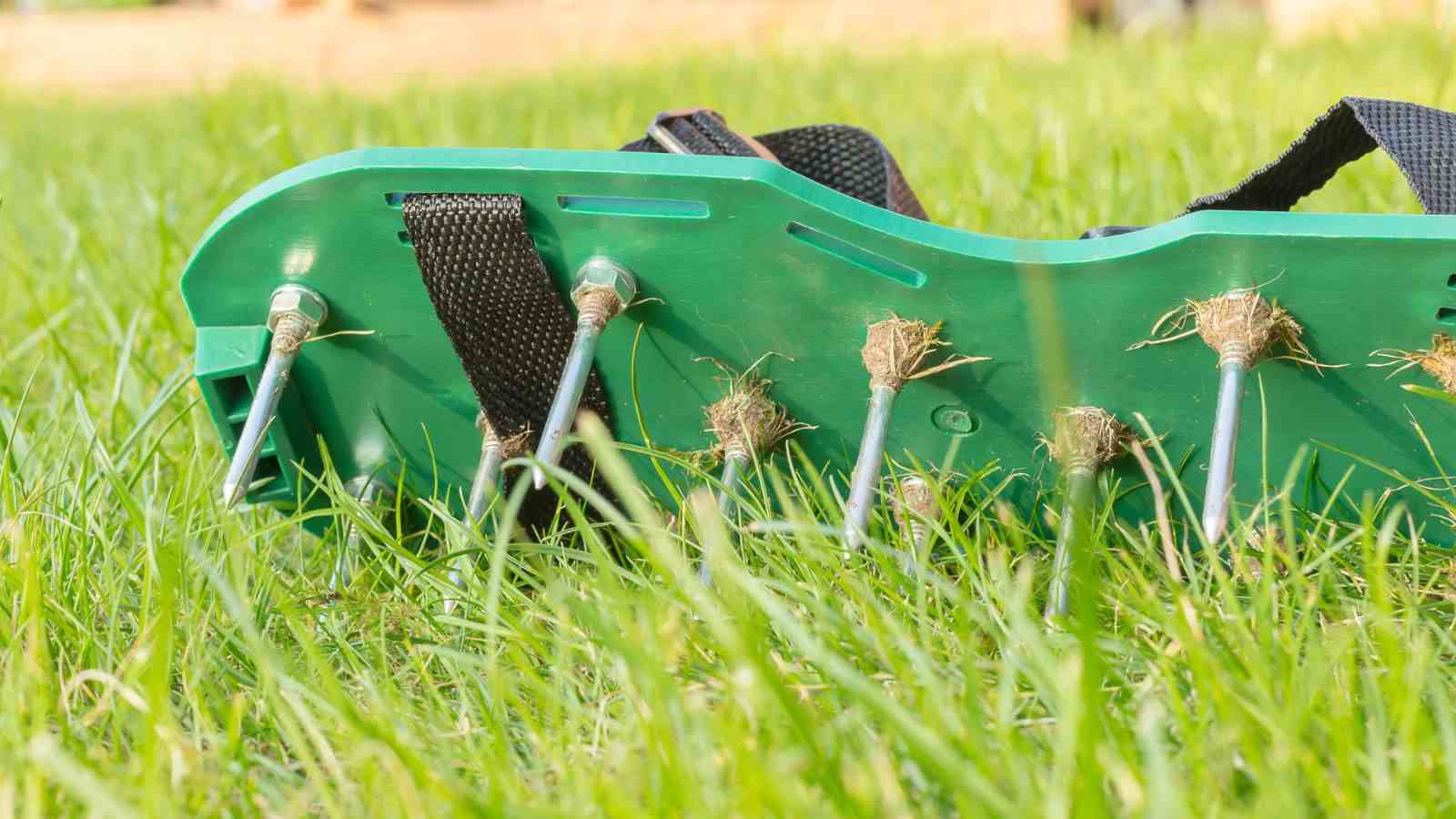

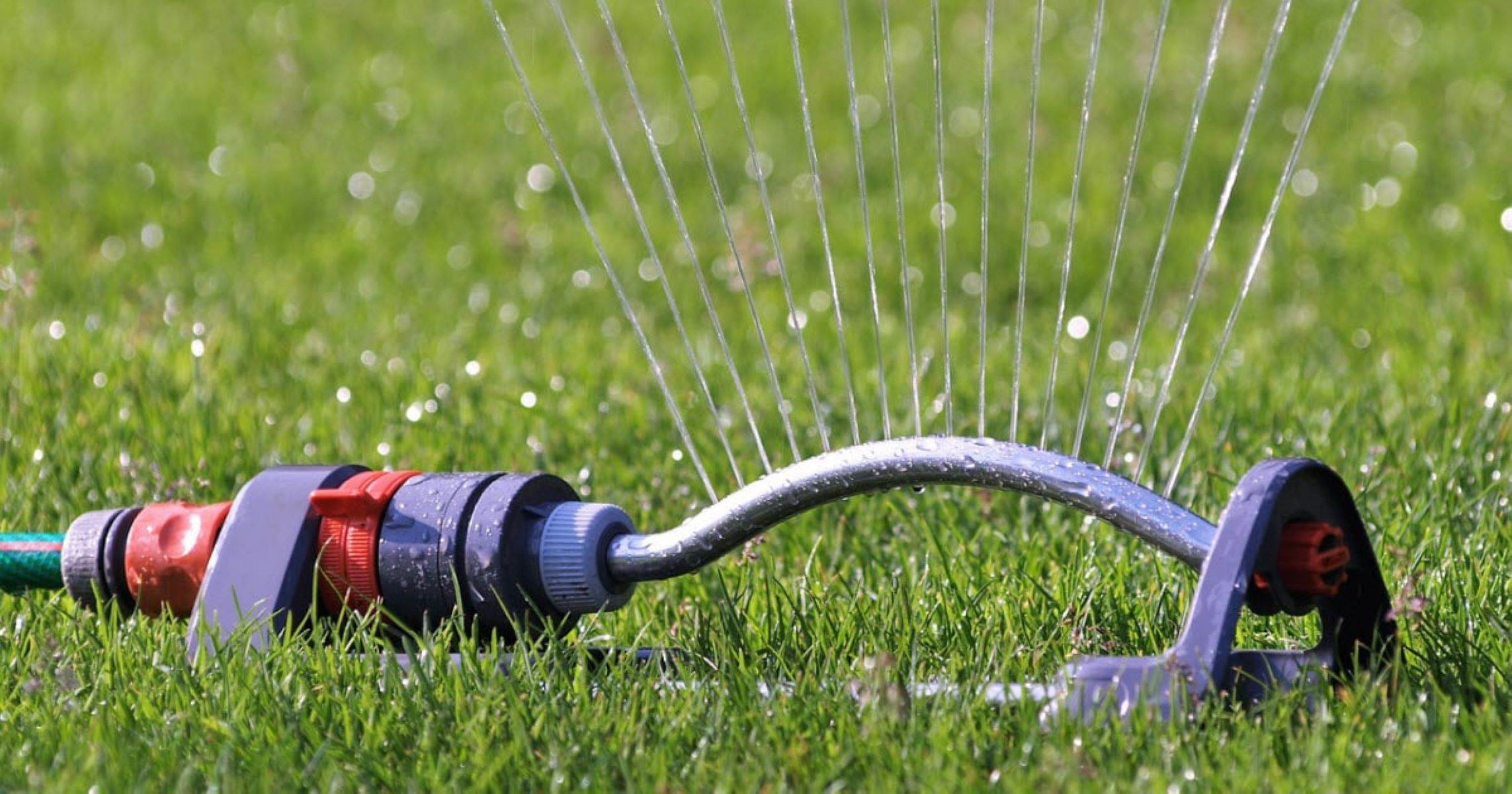
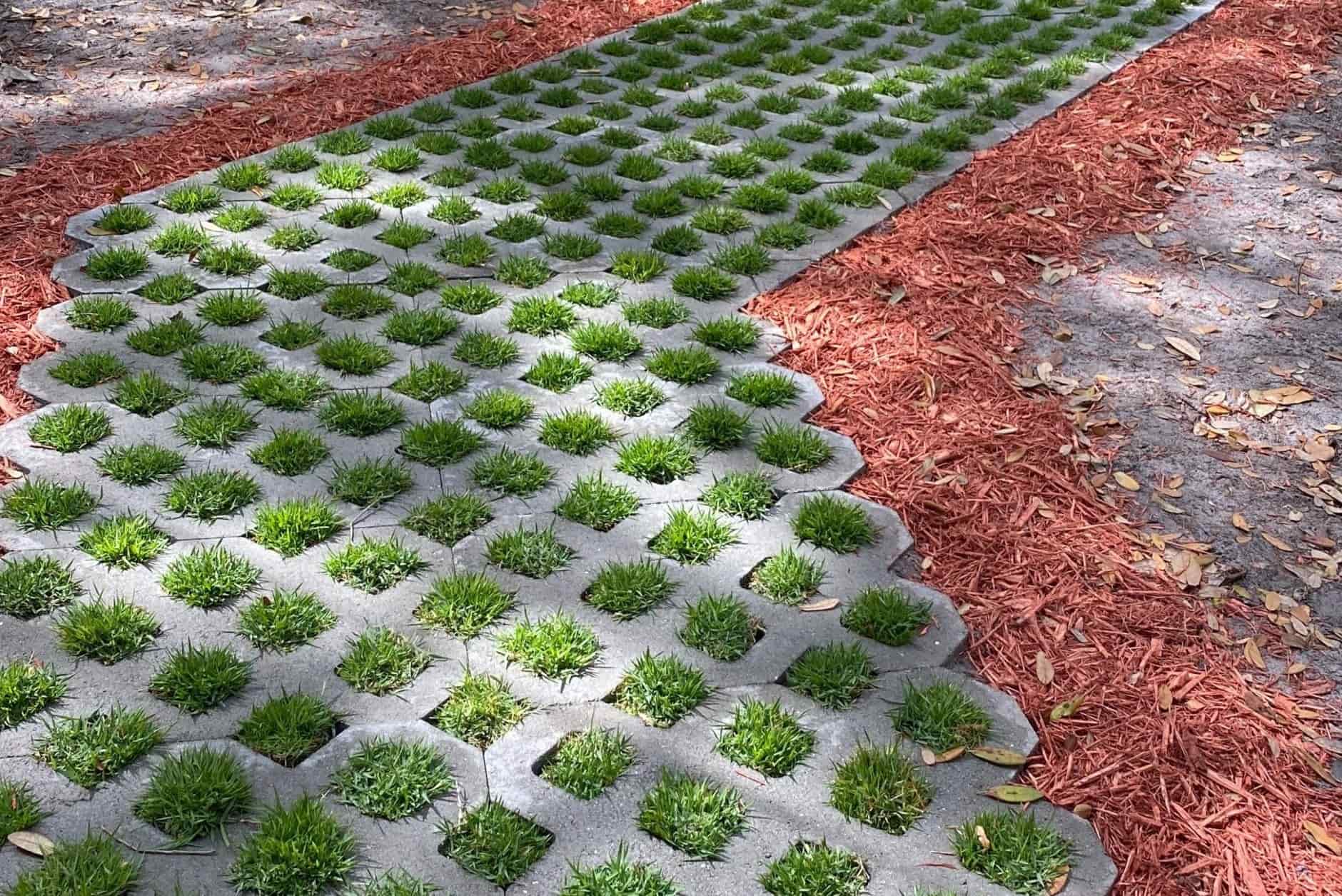
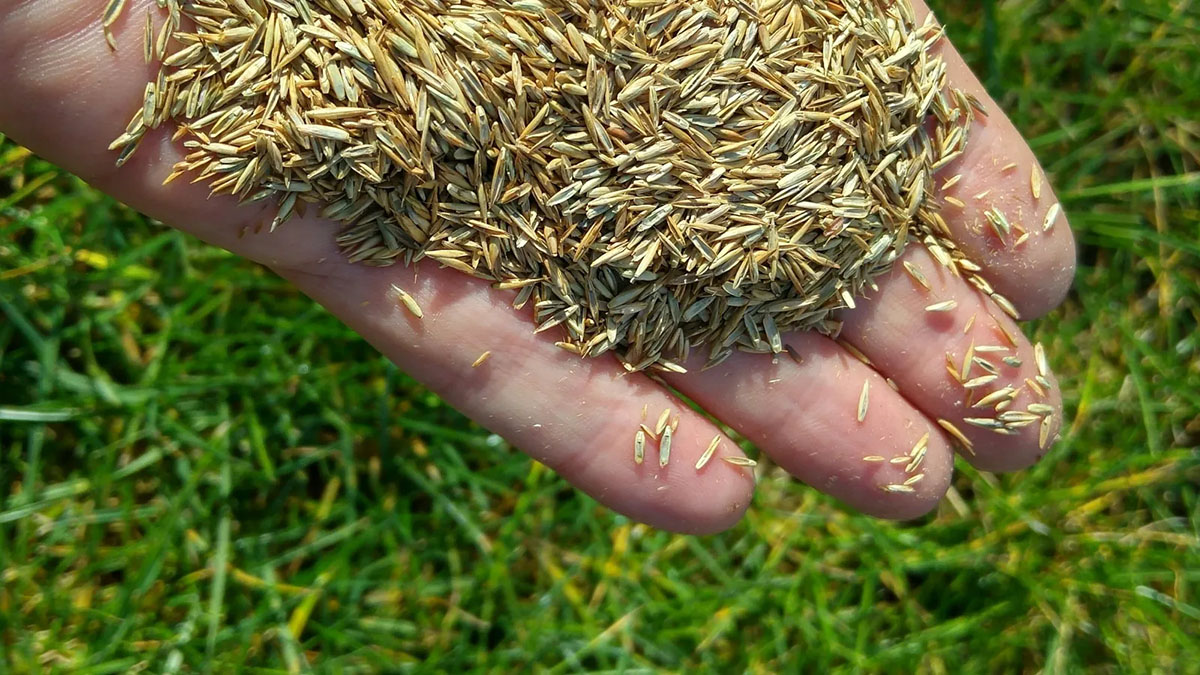
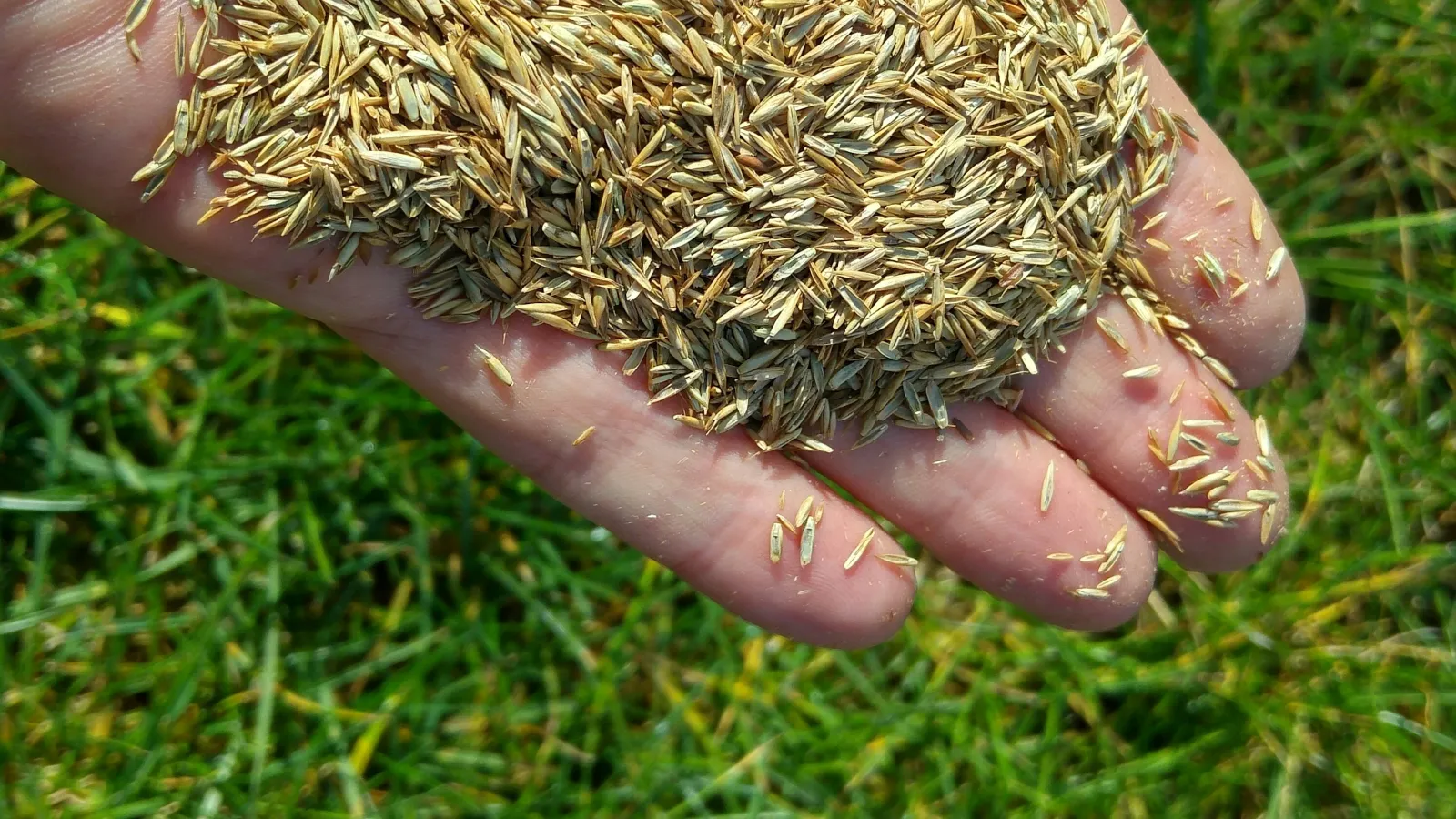
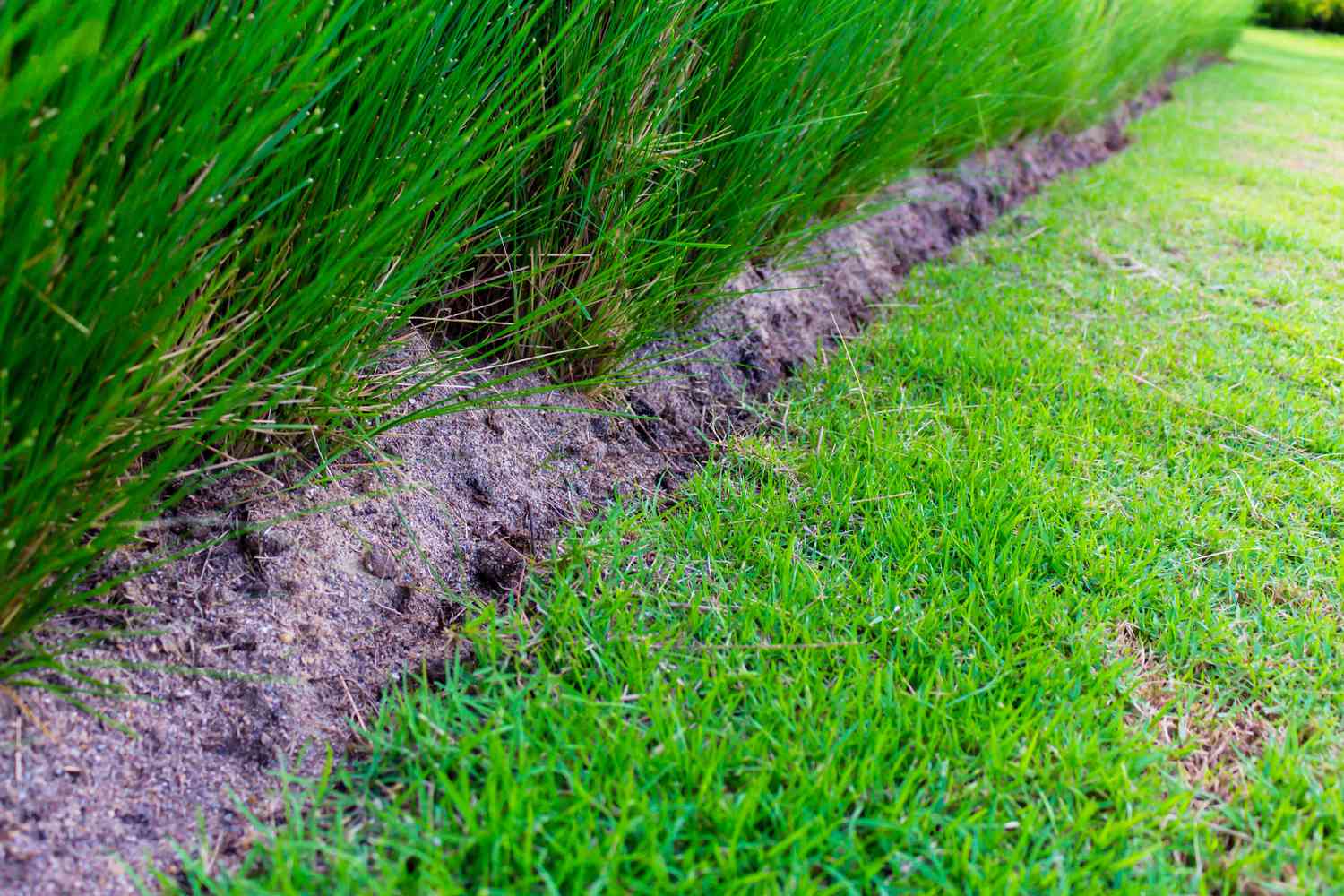
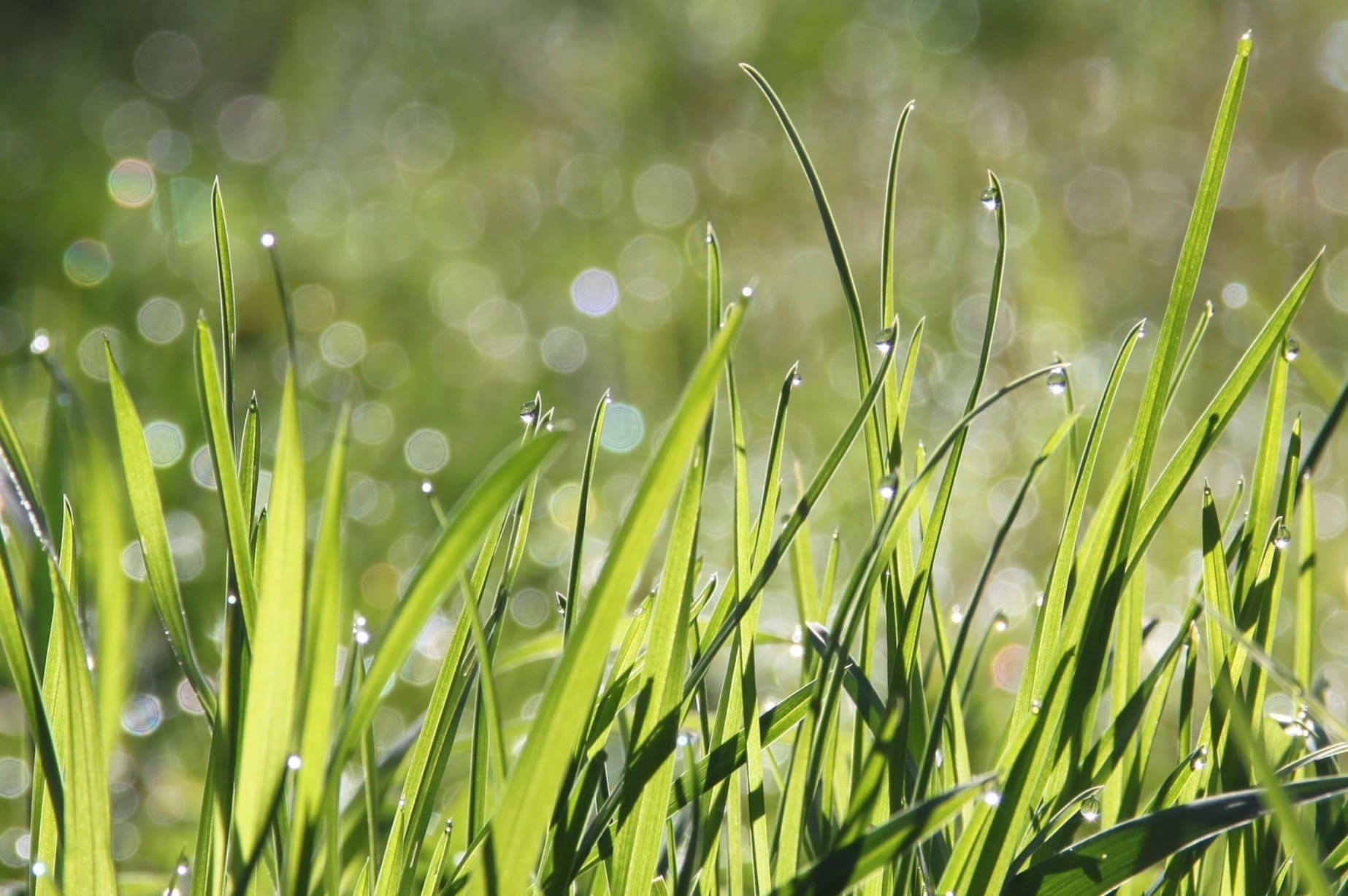

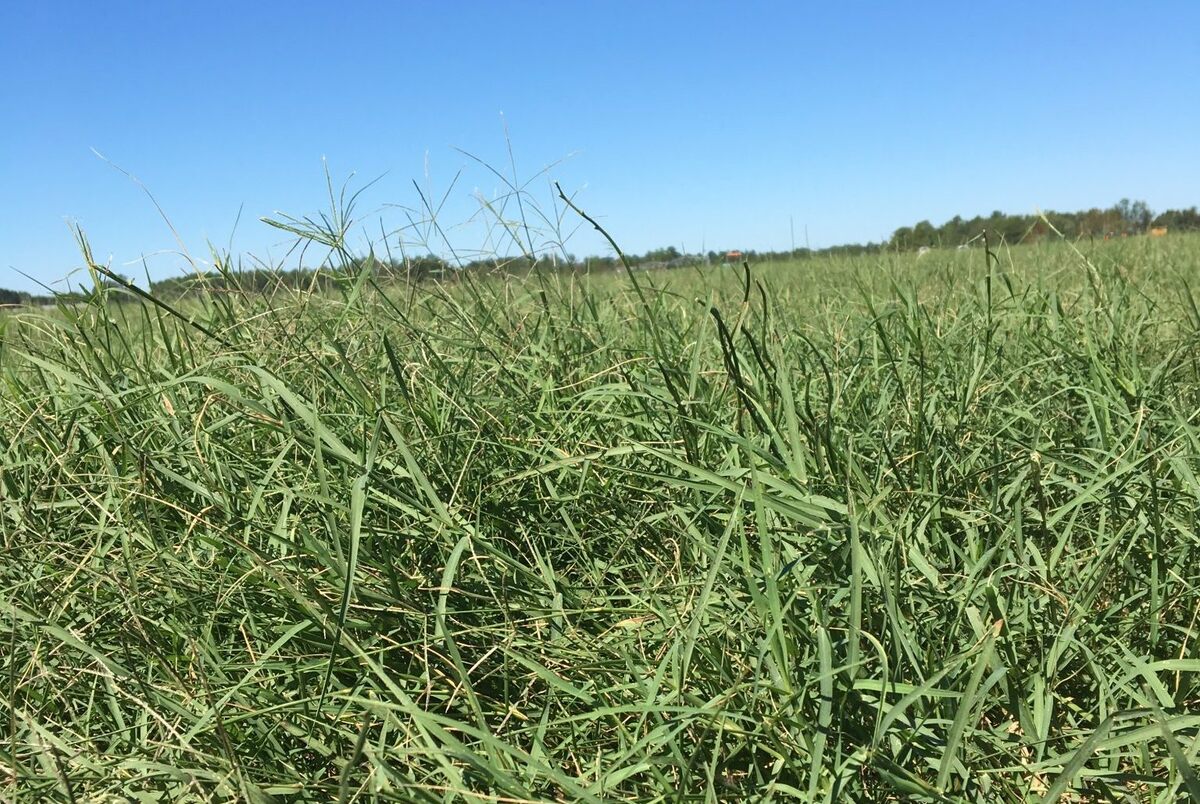
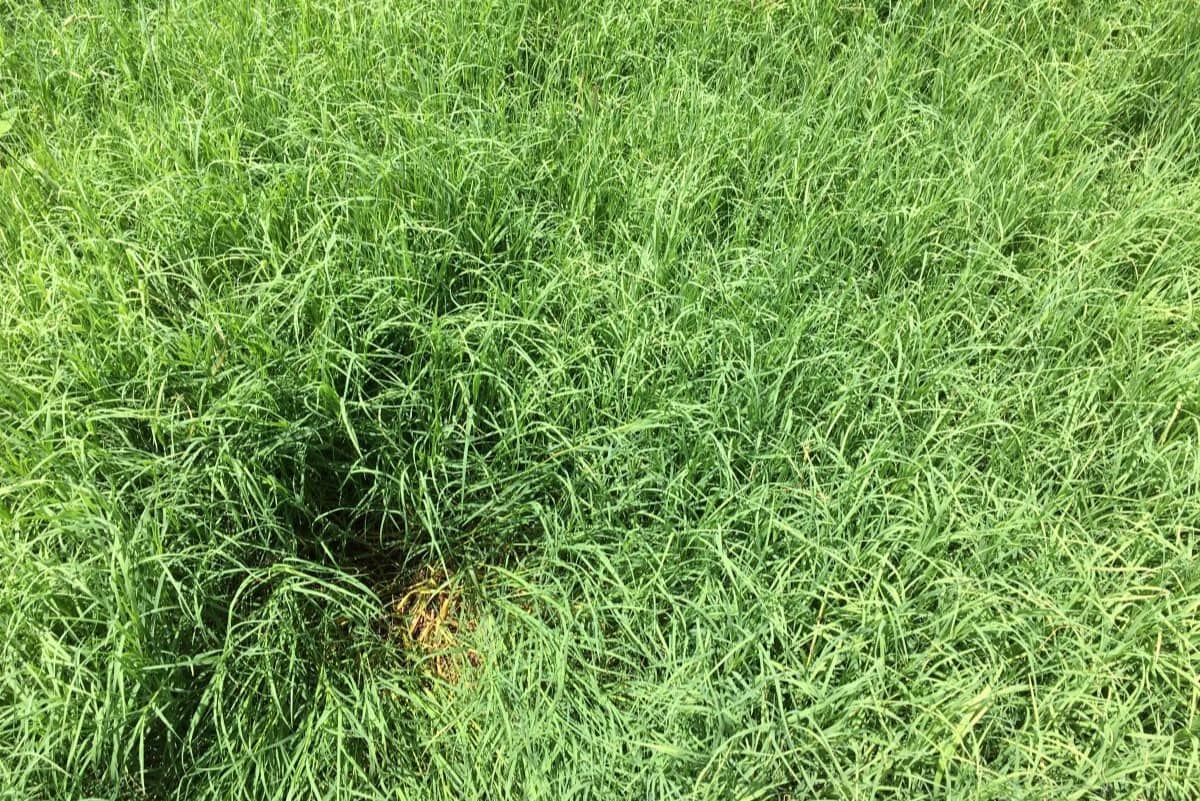
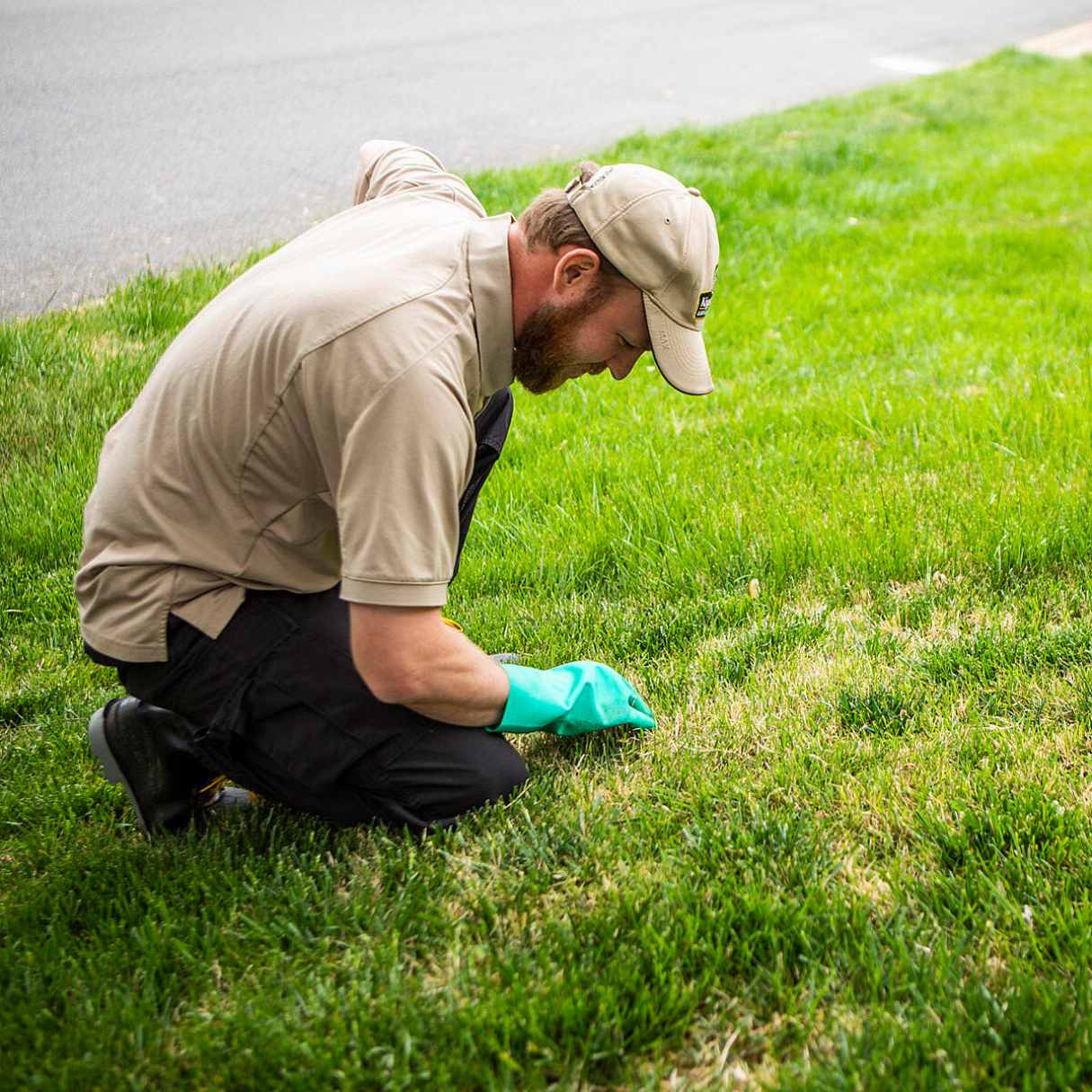
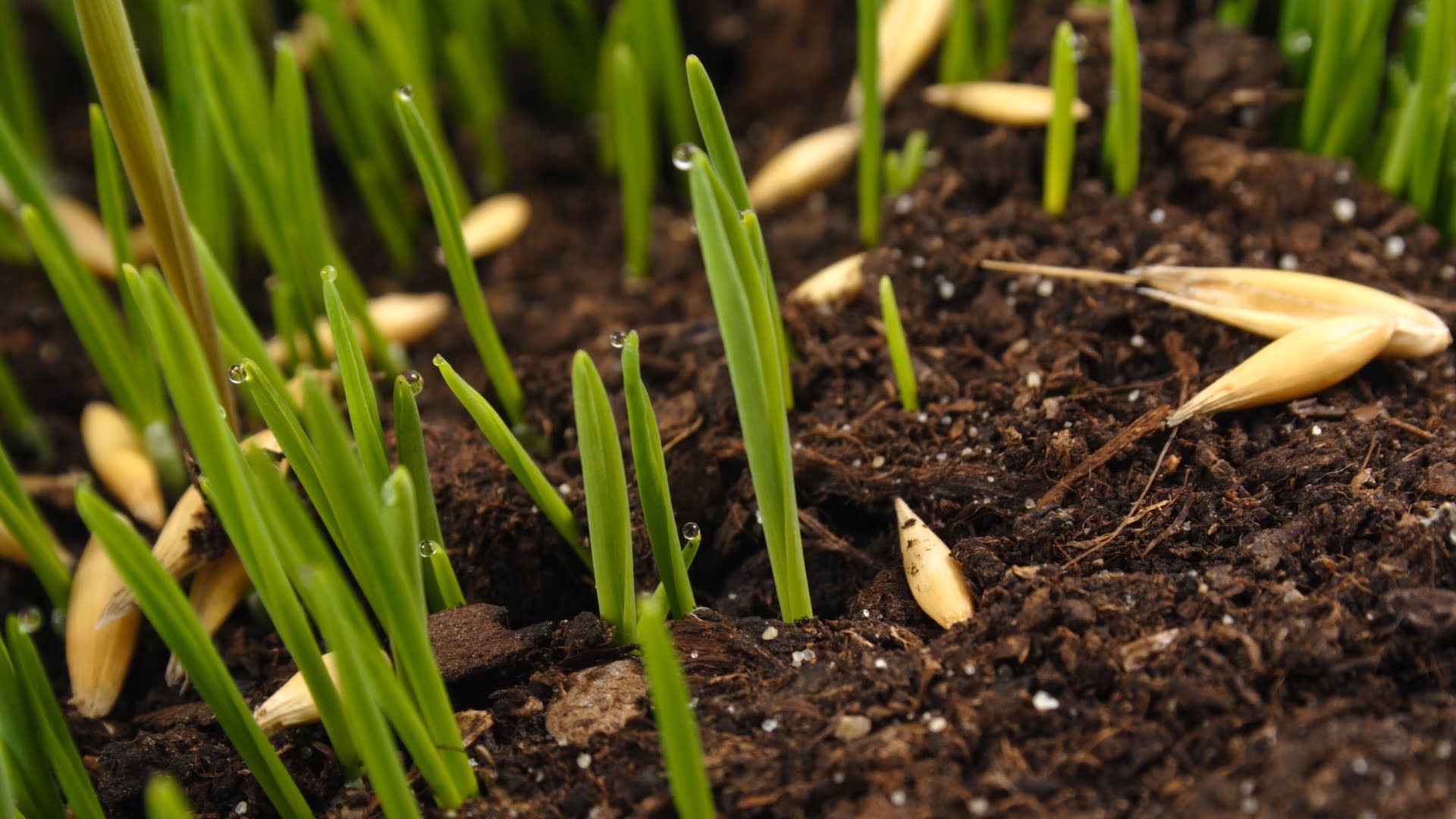
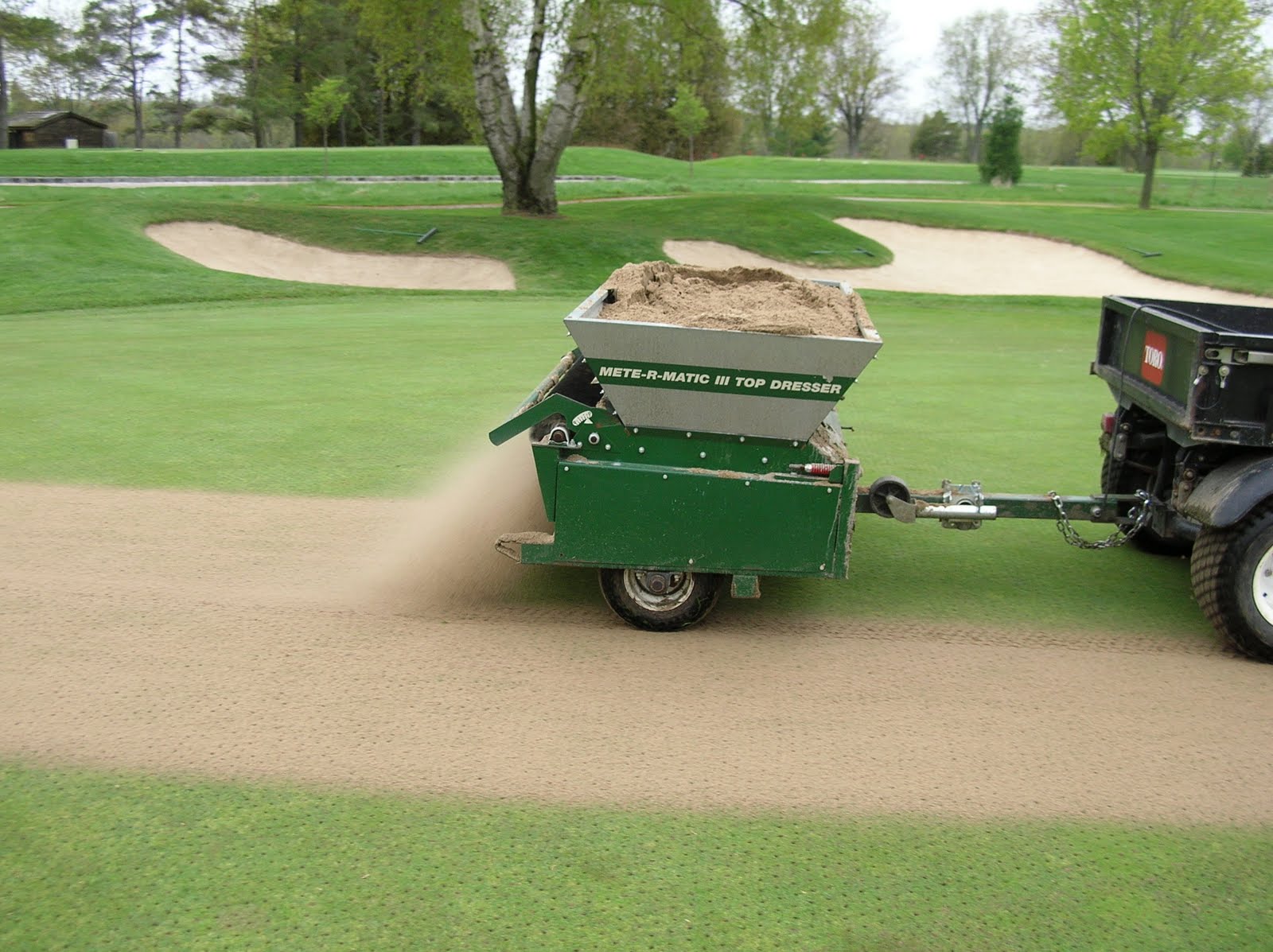

0 thoughts on “How Long To Water Bermuda Grass”